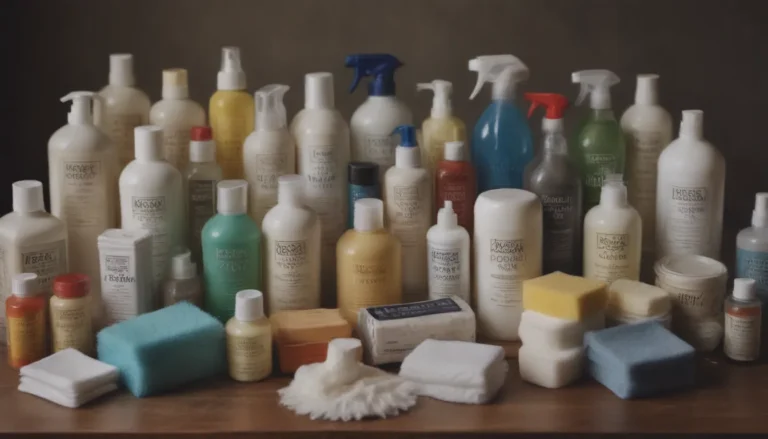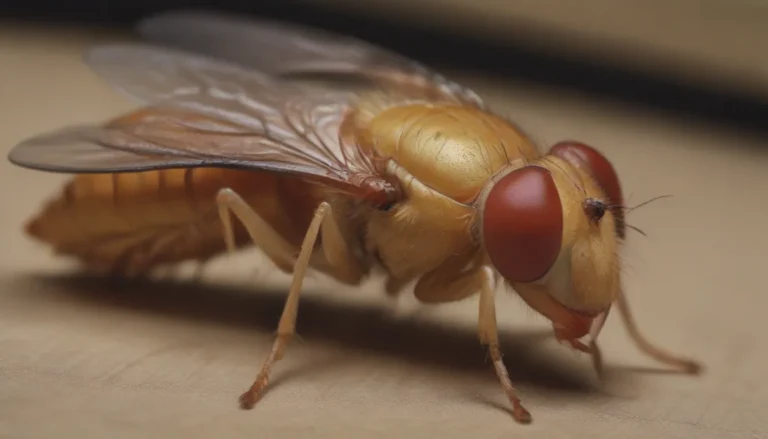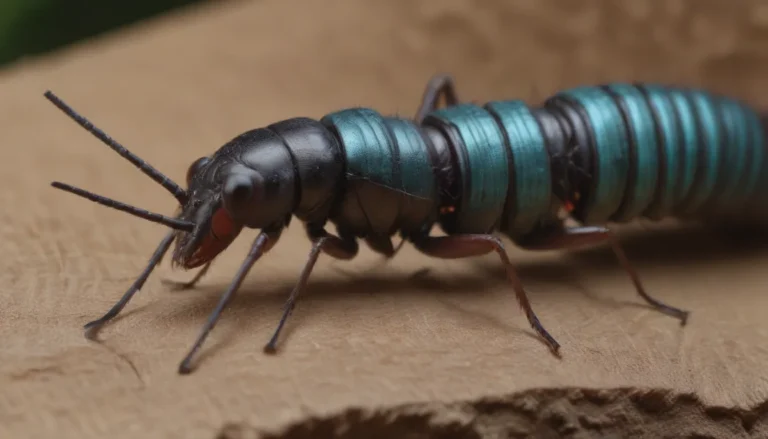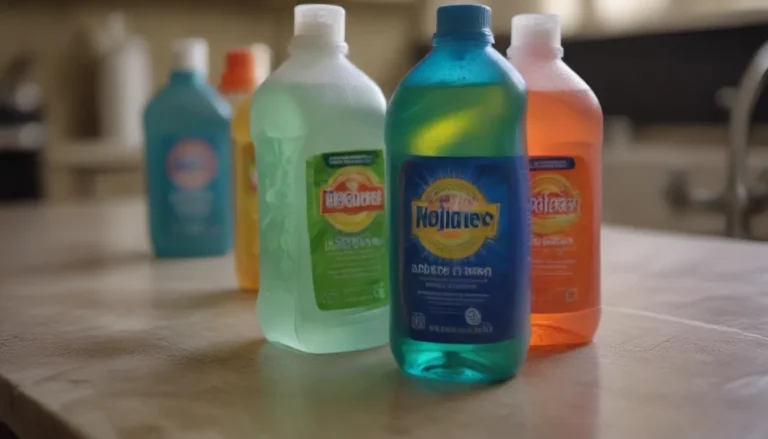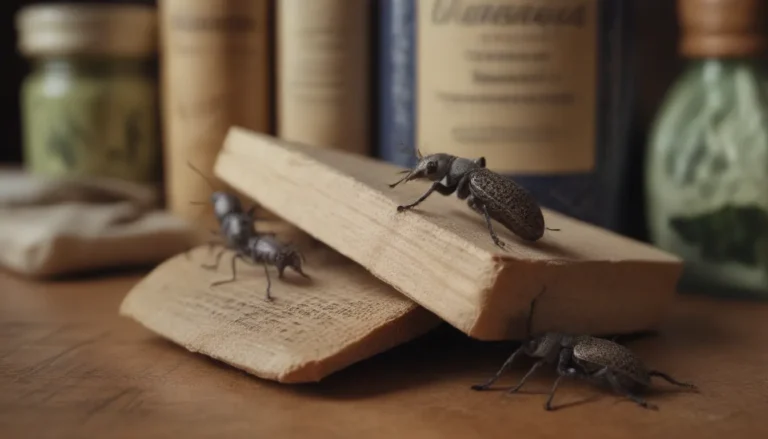The Ultimate Guide to Getting Rid of Ants Naturally
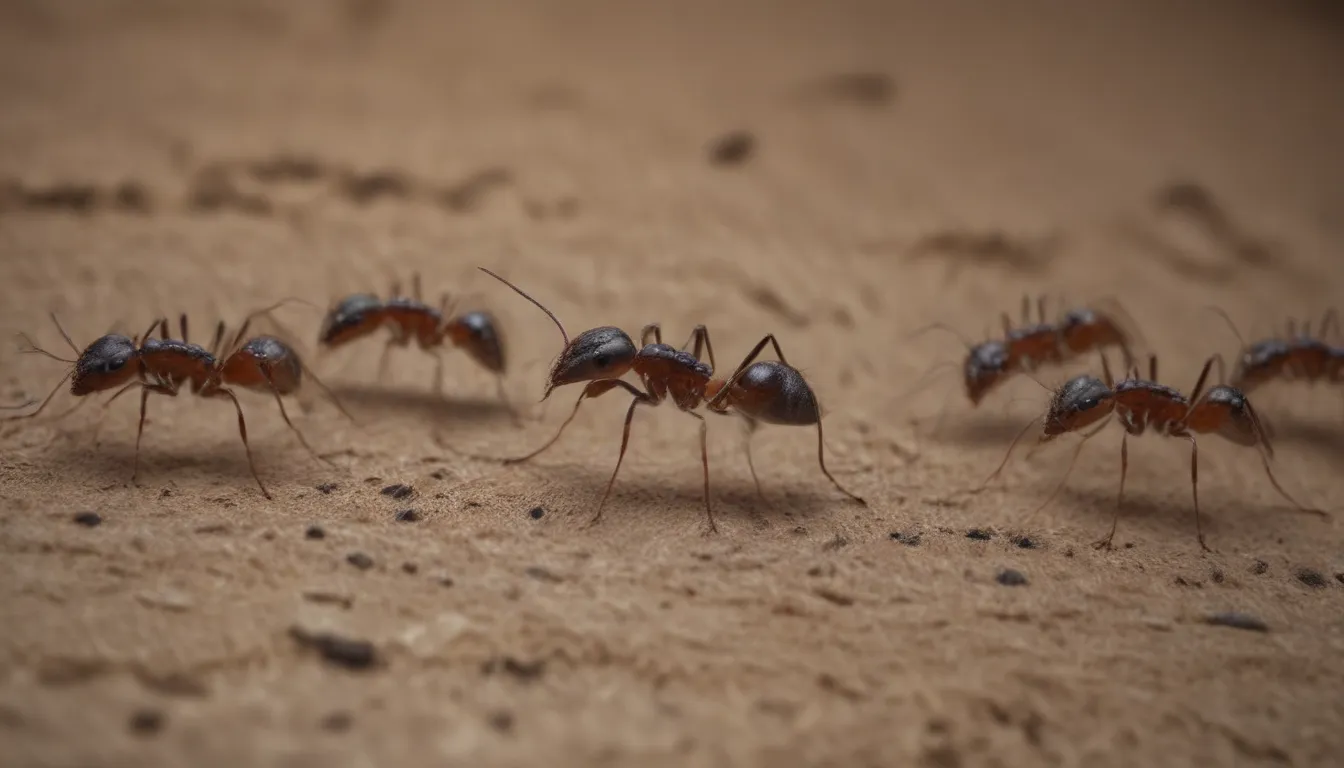
Ants – small, persistent, and often unwelcome guests in our homes. These tiny creatures can quickly turn your kitchen into their own personal buffet, leaving you desperate for a solution. One common household item that often gets mentioned in the battle against ants is baking soda. But, does baking soda really kill ants? Let’s dive into this question and explore the most effective ways to use baking soda, along with other natural methods, to get rid of these bothersome pests.
Understanding the Effectiveness of Baking Soda on Ants
So, does baking soda actually kill ants? According to Nicole Carpenter, president of Black Pest Prevention, baking soda alone may not be the most efficient remedy for ants. The key to its effectiveness lies in the ants actually consuming it. When ants ingest baking soda, it reacts internally and produces carbon dioxide gas. However, ants are naturally drawn to sweet foods rather than salty baking soda.
Expert Tip:
- “Baking soda alone won’t be very appetizing to ants. To enhance its appeal, consider mixing it with other ingredients.” – James Agardy, Viking Pest Control
How to Kill Ants Using Baking Soda
While baking soda may not be a stand-alone ant killer, you can enhance its effectiveness by combining it with other ingredients. Here are a few ways you can create a potent ant-exterminating solution using baking soda:
Baking Soda with Powdered Sugar
- Mixing powdered sugar with baking soda makes it more appealing to ants. This combination increases the likelihood of them consuming the mixture, ultimately aiding in their elimination.
Baking Soda with Boric Acid
- For a more potent ant-killing solution, consider adding boric acid to baking soda. Boric acid is highly toxic to ants and can boost the efficiency of your homemade remedy. However, exercise caution as boric acid can be harmful to humans and pets.
Scattering Baking Soda
- If you’re dealing with outdoor ant infestations, such as on patios or decks, consider scattering the baking soda mixture in those areas. It might get a little messy, but it could help in deterring ants from those spaces.
Natural Alternatives to Keep Ants at Bay
If baking soda doesn’t seem to be doing the trick, there are other natural methods you can try to combat ants. Nicole Carpenter suggests using food-grade diatomaceous earth, a safe and environmentally friendly option. Simply sprinkle it around doorways and windows to deter ants. Another alternative is talcum powder (baby powder), which can have a similar effect to diatomaceous earth.
Always Remember:
- “There are more effective methods for killing or deterring ants than baking soda alone. Explore natural alternatives that are safe for your family and the environment.” – Nicole Carpenter
Additionally, you can use boiling water as an all-natural ant-killing solution. Simply pour a pot of boiling water over an ant mound to eradicate the pests. Just be cautious and keep a safe distance while doing so.
Knowing When to Seek Professional Help
If your ant problem persists despite your efforts with baking soda or other natural remedies, it may be time to call in a pest control professional. Garrett Thrasher, co-owner and general manager at Thrasher Termite & Pest Control of So. Cal, emphasizes the importance of opting for environmentally friendly solutions when enlisting professional help.
Pro Tip:
- “When seeking pest control services, inquire about environmentally friendly options and review the Safety Data Sheets of the products they plan to use.” – Garrett Thrasher
In conclusion, while baking soda can be a helpful component in your battle against ants, it may not be the sole solution. Experiment with different mixtures, incorporate natural alternatives, and if needed, seek expert assistance to effectively eliminate ants from your home.
By combining the right ingredients, implementing proper techniques, and staying informed, you can effectively tackle ant invasions naturally and keep your home pest-free. Remember, persistence and a little creativity can go a long way in achieving a bug-free living space.
